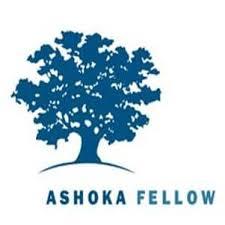
Introducing the Newest Cohort of 2018 Fellows
Throughout the year, Ashoka continuously elects people who show us the power of new ideas and solutions for the future. Ashoka Fellows—individually and collectively—offer a cutting-edge view into a changing world and what society needs to embrace impending challenges.
Importantly, our Fellows aren’t heroes working in isolation; they are creative changemakers who invent roles for others to participate and contribute to change through altered policies, inclusive cultures and new practices.
We are honored to welcome these 33 Fellows into the world’s largest network of social entrepreneurs and invite you to explore how their work is building a better future for all.
https://www.ashoka.org/en/story/introducing-newest-cohort-2018-fellows?u...
Throughout the year, Ashoka continuously elects special people who show us the power of new ideas and solutions for the future. Ashoka Fellows—individually and collectively—-offer a cutting-edge view into a changing world and what society needs to embrace impending challenges.
From the jungles of Borneo to the classrooms of Liberia, our Fellows are expanding perspectives and rewriting the way things are done in every corner of the planet. Their systems-changing innovations lead to real impact and breakthroughs—like using games to craft better public policy or including the military and police forces to stop gender violence.
Importantly, our Fellows aren’t heroes who work in isolation; they are creative problem solvers who invent roles for others to participate and contribute to change through altered policies, culture and procedures.
We are honored to welcome these 33 Fellows into the world’s largest network of social entrepreneurs—more than 3,500 elected in 91 countries—and invite you to explore how their work is building a better future for all.
AFRICA
Kodjo Djissenou is mobilizing young people to organize, lead change in their communities and participate in economic and political life to influence national policy. For more about Kodjo’s new idea, see his Ashoka profile.
Chid Liberty is working to bring apparel manufacturing to Africa, building a system where workers in the industry are treated fairly and have access to social services and health care. Liberty and Justice is Africa’s first fair-trade-certified apparel manufacturer. For more about his new idea, see Chid’s Ashoka profile. See Chid's Forbes feature.
In a school system challenged by shutdowns due to the Ebola crisis, Brenda Moore is improving educational outcomes for Liberia’s primary school students by positioning communities to take ownership of children’s education and build a safety net of parents and caregivers who actively support children’s learning and development. For more about her new idea, see Brenda’s Ashoka profile.
Emmanuel Kaboré is battling stigma for people living with HIV/AIDS (PLWHA) in rural communities, proving they are full participants in daily life and not a drain on society. Including PLWHA in economic and social life increases food production, income and wellbeing for all. For more about his new idea, see Emmanuel’s Ashoka profile.
By partnering with small farms to co-create companies, Inoussa Ouedraogo is empowering farmers in Burkina Faso to see themselves as active drivers of the agricultural industry instead of passive victims of a pre-determined system. Growers collectively identify and solve problems, participate in decision-making, and strategize for the future to take control of their livelihoods. For more about his new idea, see Inoussa’s Ashoka profile.
Naomi Tulay-Solanke is empowering women to design locally-made, reusable and affordable health products for women and girls. This enables girls to stay healthy and in school while at the same time giving them confidence to lead and solve their own health challenges. For more about her new idea, see Naomi’s Ashoka profile.
ASIA
Sebastian Groh is building a new energy economy by creating decentralized mini-grid networks that allow neighbors and businesses to buy and sell excess electricity. For more about his new idea, see Sebastian’s Ashoka profile.
John J is empowering small-scale tea farmers to self-organize, collaborate—instead of competing against one another—and build a tea supply chain so they benefit equitably and economically. For more about his new idea, see John’s Ashoka profile.
Amanda Kiessel is connecting social enterprises, responsible businesses and conscious consumers on a curated platform, delivering a 21st century marketplace that is good for people and for the planet. For more about her new idea, see Amanda’s Ashoka profile.
In land-scarce and import-dependent Singapore, Bjorn Low is leading a grow-your-own-food movement to promote community-building and change mindsets about urban farming. For more about his new idea, see Bjorn’s Ashoka profile. See Bjorn's TED Talk.
John-Son Oei is promoting trust and relationships between the marginalized, indigenous people of peninsular Malaysia—the Orang Asli—and urban communities. By including beneficiaries in the process of building homes, Johnson’s approach capitalizes on these collaborations to further solve local problems. For more about his new idea, see John-Son’s Ashoka profile. See John-Son's TED Talk.
On the island of Borneo, Cynthia Ong is driving a movement to sustainably manage the Sabah’s natural resources and ensure a diversified, equitable and circular economy. By creating collaborative spaces where all interests—government, business and the community—voice their perspective, she is breaking down barriers between them. For more about her new idea, see Cynthia’s Ashoka profile.
Using creative approaches that combine technology, social sciences and art, Bharath Palavalli designs tools that bring the perspectives of marginalized communities to the forefront of policymaking. Games, role-playing and simulations increase dialogue between city planners, legislators and citizens to create more inclusive policies. For more about his new idea, see Bharath’s Ashoka profile.
Prasanna Shirol is building a critical infrastructure to quickly diagnose and treat the approximately 70 million people in India with rare diseases. His comprehensive approach includes a strong coalition of partners who focus on prevention, training, research and development to improve quality of life. For more about his new idea, see Prasanna’s Ashoka profile.
EUROPE
Battling the notion that science is tedious and best understood by specialists and academics, Theodore Anagnostopoulos uses entertaining and interactive approaches to connect scientific concepts to everyday life. By taking science out of the lab and making it accessible, people can make informed decisions based on knowledge and facts. For more about his new idea, see Theodore’s Ashoka profile.
Andrew Bastawrous is bringing eye care health to rural communities by using smartphone technology to increase screenings, diagnoses and access to treatment. For more about his new idea, see Andrew’s Ashoka profile. See Andrew’s TED Talk.
Carlo Stasolla is exposing and advocating against the segregation and stigmatization of the Roma people in Italy to ensure their inclusion into European society. For more about his new idea, see Carlo’s Ashoka profile.
Jonas Staub is ensuring the inclusion of youth with differing abilities in mainstream education, employment and extracurricular activities in Switzerland. For more about his new idea, see Jonas's Ashoka profile.
Daniel Tarozzi is connecting social entrepreneurs in Italy and Europe, providing them with tools and spaces to collaborate and spread solutions to social challenges. For more about his new idea, see Daniel’s Ashoka profile.
Massimo Vallati is reframing soccer from an intense, exclusionary, competitive sport to one that promotes empathy, teamwork, inclusion and leadership for young people and adults. By using soccer to include everyone—regardless of age, social and economic background—he is “changing the rules of soccer to reinterpret the rules of the world.” For more about his new idea, see Massimo’s Ashoka profile.
By turning unused public spaces—like land around cemeteries and police stations—into edible gardens, Pam Warhurst is building more resilient communities across Northern England by increasing community development and economic regeneration. For more about her new idea, see Pam’s Ashoka profile. See Pam’s TED Talk.
LATIN AMERICA
Miguel Duhalt is improving the quality of life for low-income workers and their families by connecting them to financial services and medical insurance. Financial inclusion is one of the most powerful tools to achieve economic self-sufficiency. For more about his new idea, see Miguel’s Ashoka profile.
Carla Fernández is connecting small-scale, rural artisans who make quality, ethical, and eco-friendly textiles with international high fashion and markets. Not only is she sustaining the artisans who collaborate with her brand, but she is also preserving traditional pre-Hispanic production techniques and designs. For more about her new idea, see Carla’s Ashoka profile.
Using solar technology, Camilo Herrera is providing rural communities with lighting for public spaces as well as Internet access for a small fee. A portion of the proceeds are used for community projects and development needs. For more about his new idea, see Camilo’s Ashoka profile.
Victor Moctezuma is bringing innovation skills and resources to vulnerable Mexicans, empowering them to design solutions to problems affecting their own lives. Teaching the entire innovation lifecycle—from ideation to prototyping and creating patents—allows participants to learn practical skills that position them for success. For more about his new idea, see Victor’s Ashoka profile.
Mariana Niembro is driving a shift towards a culture of respect and transparency between politicians, institutions and citizens. Using innovative digital tools, she is strengthening democracy and civic participation to increase open government. For more about her new idea, see Mariana’s Ashoka profile.
In a media landscape where only a few families control mainstream news, Natalia Rodrigues created the first nonprofit investigative journalism agency in Brazil to increase government and business transparency and bring independent reporting directly to citizens. For more about her new idea, see Natalia’s Ashoka profile.
By engaging young people in regional, national, and international public affairs, Raquel Rosenberg is challenging them to develop solutions to global problems and become the next generation's leaders. For more about her new idea, see Raquel’s Ashoka profile.
By reframing aging as a positive, collaborative and healthy life stage, Sérgio Serapião is building an intergenerational movement to change the way society views older adults in Brazil. For more about his new idea, see Sérgio’s Ashoka profile.
Diane Sousa is showing people in impoverished areas how to reclaim community spaces and turn them into safe and inclusive environments for young people to play sports. Using sports for social change, she is helping community members connect with each other and reduce crime, while providing a healthy and active outlet for young people. For more about her new idea, see Diane’s Ashoka profile.
Using egg production to develop food security and economic self-sufficiency for rural women, older adults and people with differing abilities, Itzel Suarez is turning small producers into independent and confident micro-entrepreneurs. For more about her new idea, see Itzel’s Ashoka profile.
Daniela Valdivia is leading a movement to stop gender-based violence in Bolivia by including roles for men to change cultural mindsets. By partnering with the military and the police force, she gains powerful allies to help reduce incidences of sexual harassment and violence. For more about her new idea, see Daniela’s Ashoka profile.
NORTH AMERICA
Lauren McNamara focuses on play at school as a critical component to develop healthy, empathetic, and engaged communities of future leaders. For more about her new idea, see Lauren’s Ashoka profile.


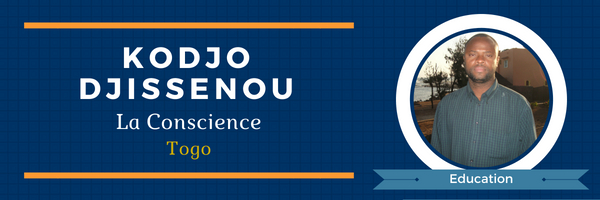
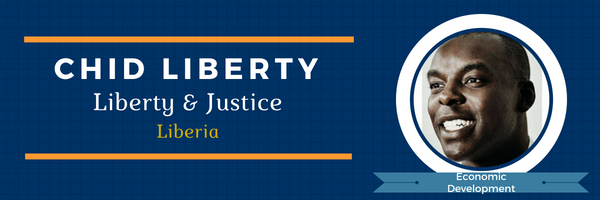
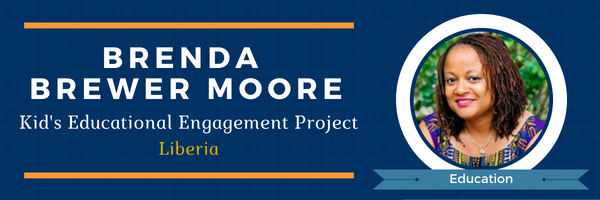
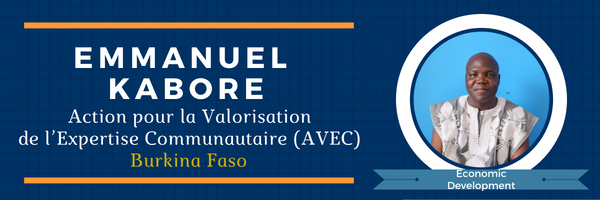
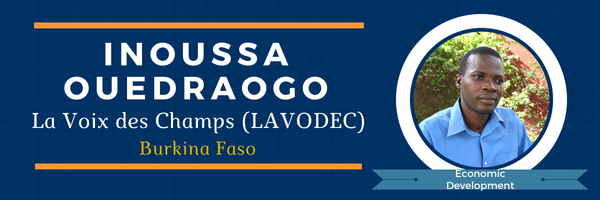
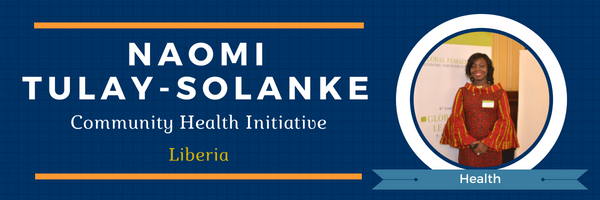
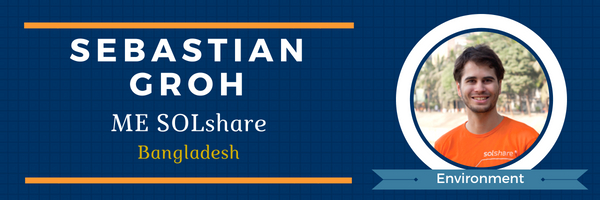
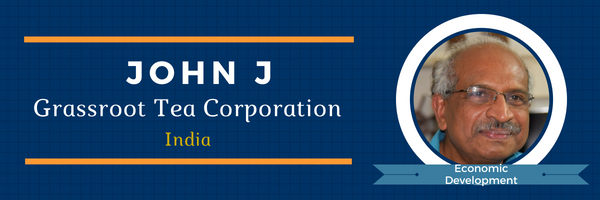
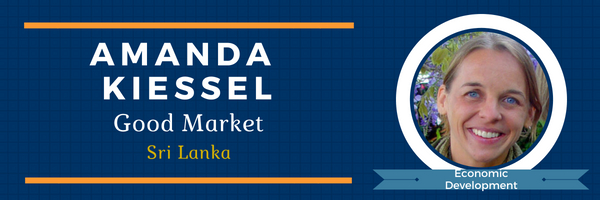
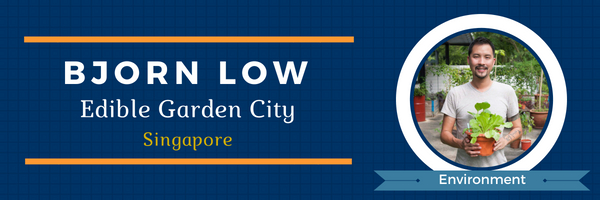
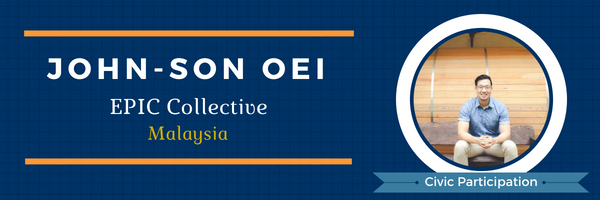
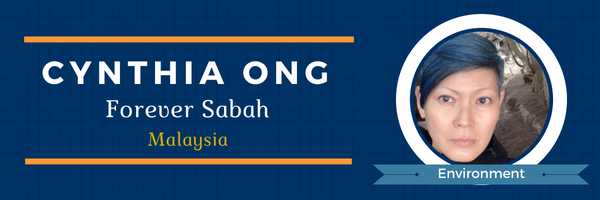

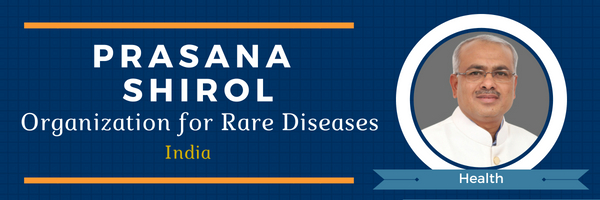
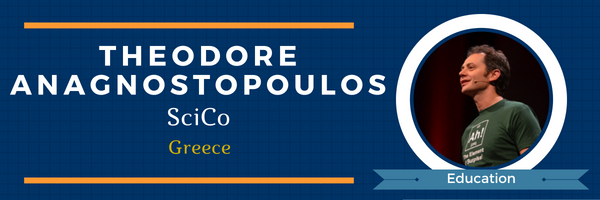
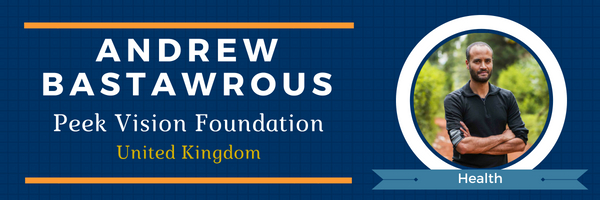
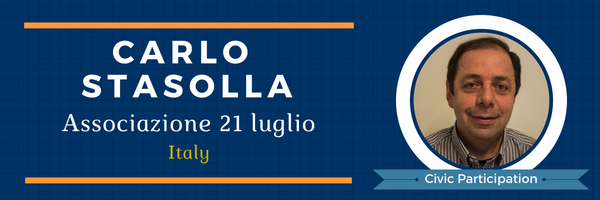
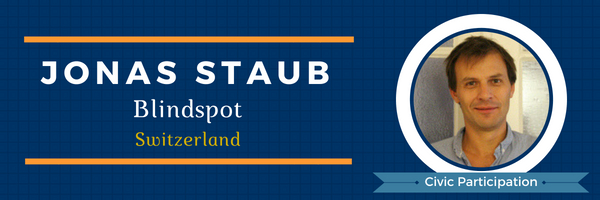
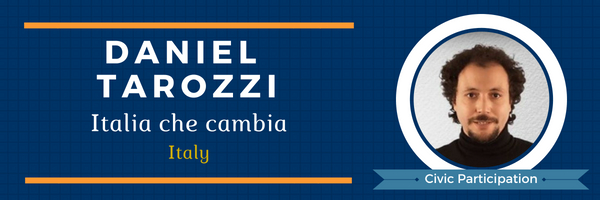
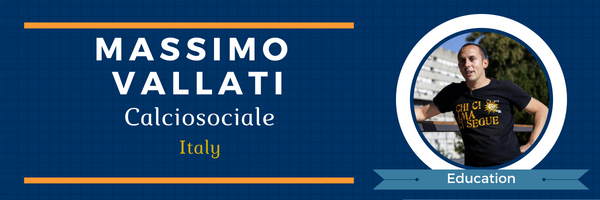
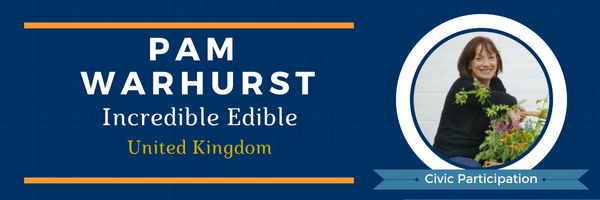
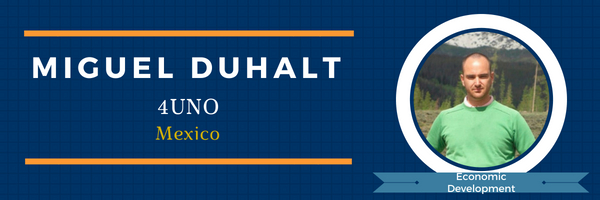
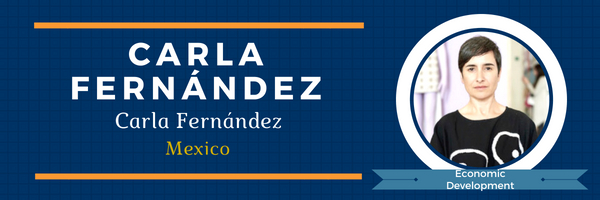
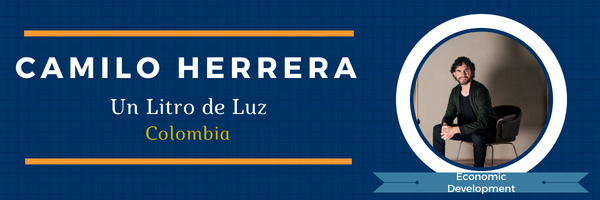
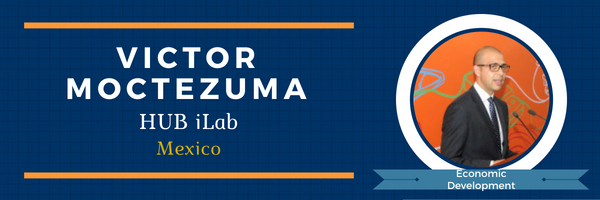
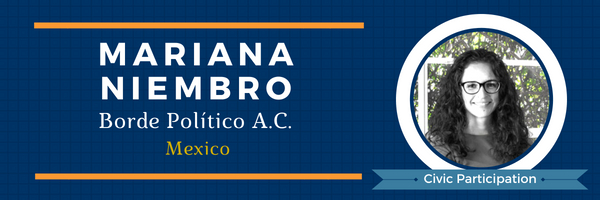
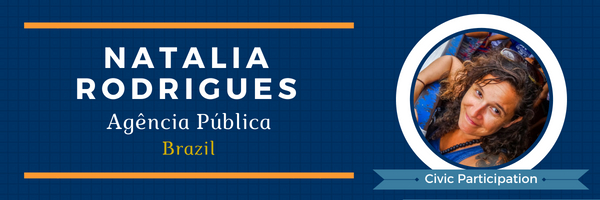
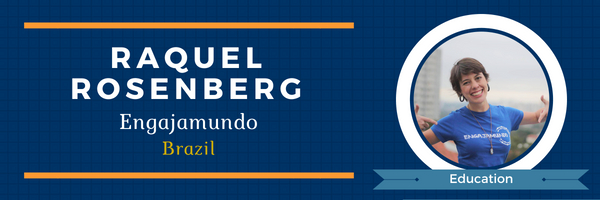
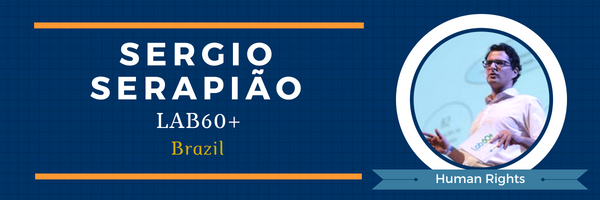
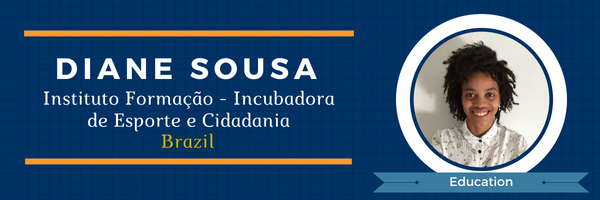
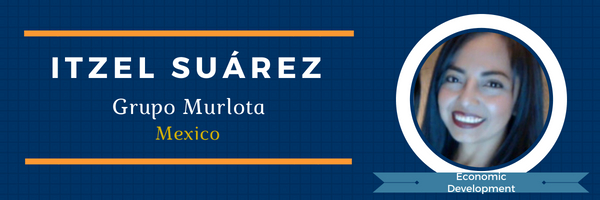
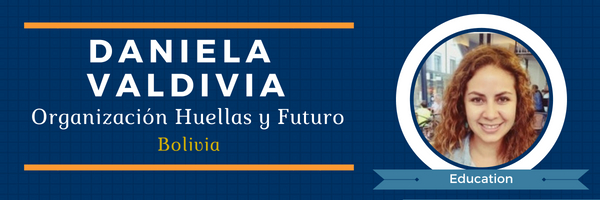
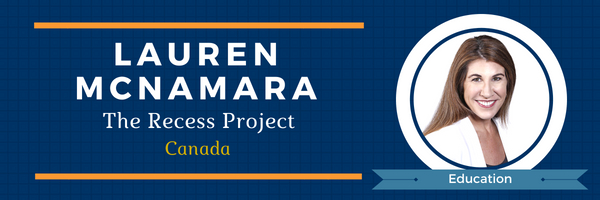








Add new comment